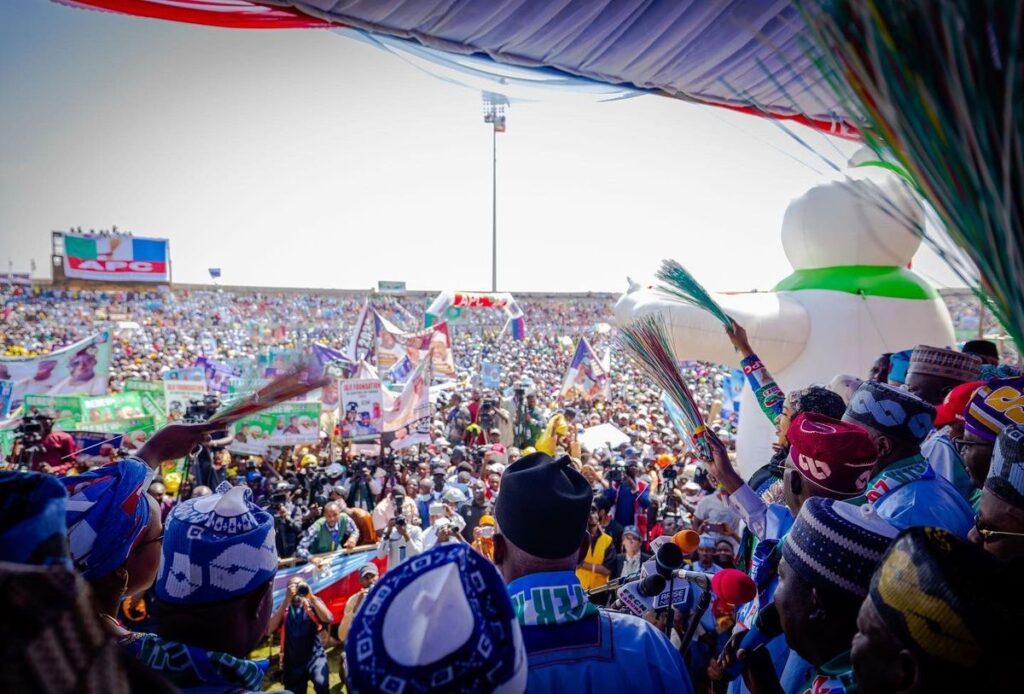
Flight prices can fluctuate for many reasons. seasonal demand, fuel costs, or global events. But one major factor that often goes unnoticed is politics. Political events and elections have a significant influence on the aviation industry, particularly on flight booking prices. Whether it’s a national election, a government policy announcement, or political unrest, the air travel market responds quickly to political uncertainty and stability.
For travelers, understanding this connection can make a big difference in how and when they book flights. Smart travelers know that political events can affect not only ticket prices but also the availability of flights, travel restrictions, and even overall tourism trends.
In this detailed guide, we will explore how political situations, from local elections to global power shifts, affect flight pricing and booking behavior. We’ll also share valuable insights on how you can plan smarter and save money when traveling during politically sensitive periods.
The Relationship Between Politics and Air Travel
The aviation industry doesn’t operate in isolation. It is deeply influenced by the social, economic, and political atmosphere of a country. Airlines rely on stability, predictability, and open borders to plan their routes and pricing structures. Political events, especially elections, can disrupt this balance by creating uncertainty in markets and traveler behavior.
When an election or major political event approaches, travelers tend to become cautious. Businesses may delay travel plans, governments may adjust security protocols, and airlines may alter schedules based on anticipated demand. These shifts lead to fluctuating flight prices, as airlines attempt to balance demand and supply in uncertain conditions.
How Elections Influence Flight Prices
Elections are among the most impactful political events for airlines. Here’s how they affect flight booking patterns and ticket pricing:
1. Pre-Election Uncertainty
In the months leading up to an election, many travelers, especially business professionals and expatriates, postpone non-essential trips due to uncertainty about potential policy changes or unrest. This temporary decline in demand can lead to lower airfares as airlines try to fill seats. However, on certain routes, especially those linked to campaign activities or political headquarters, demand may actually rise.
2. Increased Travel During Election Season
Elections often trigger a surge in domestic travel. Political parties, journalists, election observers, and campaign staff travel extensively between states or regions. Airlines typically notice this spike in demand and respond by increasing ticket prices on key routes. For example, flights to capital cities or political strongholds often see sudden fare hikes in the days before and after election day.
3. Post-Election Stability or Instability
The outcome of an election also impacts flight pricing. A peaceful and widely accepted election result tends to restore traveler confidence, boosting demand for both domestic and international flights. Conversely, if an election leads to disputes or civil unrest, airlines may cancel flights, increase insurance premiums, or raise prices due to risk factors and reduced capacity.
4. Policy Changes After Elections
New governments may introduce policies that affect aviation directly, such as fuel tax changes, visa reforms, or airport expansion projects. These can influence long-term flight prices. For instance, a government that subsidizes jet fuel might lower operational costs for airlines, resulting in more affordable fares. On the other hand, stricter travel regulations or tax increases can drive ticket prices up.
Political Instability and Its Effect on Flight Bookings
Beyond elections, broader political instability can have an even more dramatic impact on air travel. Travelers tend to avoid destinations where protests, strikes, or conflicts are taking place. This sudden drop in demand forces airlines to reduce flights, adjust schedules, or increase prices on safer alternative routes.
For example, during periods of unrest in certain African, Middle Eastern, or European nations, many passengers reroute through more stable neighboring countries. This shift in demand drives up prices in alternative markets, while destinations experiencing unrest see plummeting prices but reduced bookings.
Political instability can also lead to:
- Flight cancellations or rerouting due to safety concerns
- Increased travel insurance costs
- Higher operational costs for airlines, including security and logistics
- A decline in tourism revenue that influences future airline pricing strategies
The key takeaway is that stability attracts travelers and reduces costs, while instability causes disruptions that make air travel less predictable and often more expensive.
How Government Policies Shape Airfare Prices
Elections often result in new policies that directly or indirectly affect the cost of flights. Some of these include:
1. Fuel and Tax Regulations
Airlines are heavily affected by fuel prices and aviation taxes. When governments impose higher fuel levies or environmental taxes, airlines transfer these costs to passengers through higher fares. Conversely, tax incentives or subsidies can help reduce ticket prices.
2. Bilateral Agreements and Air Rights
International flight routes depend on agreements between countries. Political changes can lead to renegotiations of these air rights, which may increase or decrease competition on certain routes. More competition usually means cheaper fares, while restricted access tends to raise prices.
3. Currency Exchange Rates
Political events often influence exchange rates. A weaker local currency can make international travel more expensive for citizens, leading to reduced demand. Airlines may then adjust fares downward to attract passengers or maintain profitability by increasing prices for foreign travelers.
4. Security Measures and Immigration Policies
Political decisions about border control, visa requirements, or national security can directly affect air travel. Stricter policies might discourage tourists and business travelers, while open and friendly visa systems usually boost demand and reduce prices.
Real-World Examples
Nigeria’s Election Seasons
During election periods in Nigeria, domestic flight prices often fluctuate. Airlines see higher demand from political figures, campaign teams, and election observers traveling between Abuja, Lagos, and other regional hubs. On the other hand, international flight bookings may drop as business travelers and tourists adopt a wait-and-see approach until political tensions ease.
U.S. and European Elections
Similarly, in the U.S. and Europe, election periods tend to affect travel behavior. Business trips slow down before elections but pick up rapidly once political stability returns. Airlines often plan promotional offers after major elections to encourage travelers back into the skies.
Global Political Events
Major global events, such as Brexit, the Russia-Ukraine conflict, or policy shifts in the Middle East, have also had lasting effects on airfares. Airlines had to reroute flights, deal with higher fuel costs, and adjust pricing strategies to remain profitable in unpredictable times.
How Travelers Can Take Advantage
Savvy travelers can actually benefit from understanding how political events affect flight prices. Here’s how:
- Book Early Before Elections: If you plan to travel near an election period, book flights well in advance to avoid last-minute price hikes.
- Monitor News and Airline Updates: Stay informed about political developments that might affect your destination or airline operations.
- Travel During Calm Periods: Avoid booking flights around politically sensitive dates like election days or major policy announcements.
- Use Trusted Travel Agents: Reputable agencies such as oramustravelservices.com.ng can help you identify the best time to book and navigate unpredictable market shifts.
- Be Flexible with Travel Dates: A few days’ difference in your booking window can result in significant savings, especially during volatile political seasons.
The connection between politics and flight prices is undeniable. Elections, government decisions, and political stability all play major roles in shaping how much travelers pay for their journeys. During uncertain times, prices can fluctuate rapidly, sometimes dropping as airlines compete for fewer travelers, and other times rising sharply due to increased demand or operational risks.
For travelers, the key to navigating these fluctuations is awareness and timing. By keeping an eye on political developments and booking strategically, you can avoid inflated fares and travel with confidence. Partnering with a reliable travel agency also provides access to insider knowledge, special deals, and expert guidance, helping you make smarter travel choices even in uncertain times.
Ultimately, while politics may be unpredictable, your travel planning doesn’t have to be. Understanding how political events influence flight booking prices gives you the power to plan ahead, save money, and travel stress-free.
Fill this FORM to book your flight today.



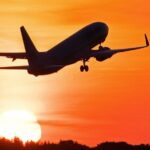
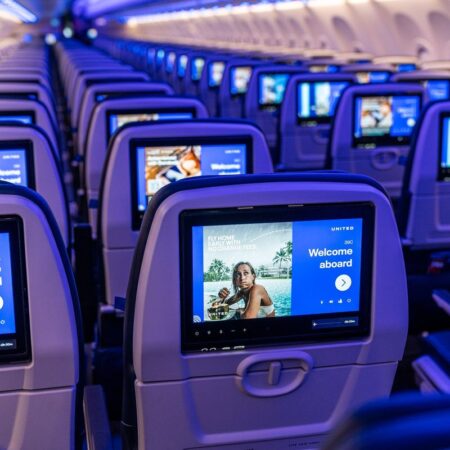
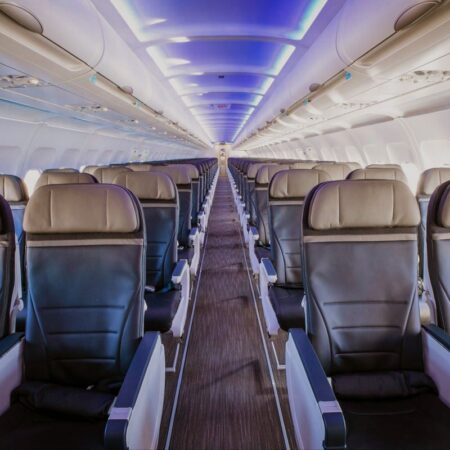
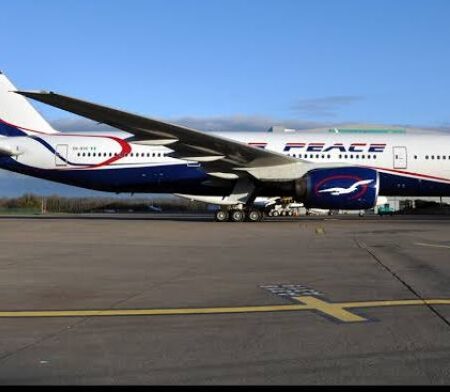
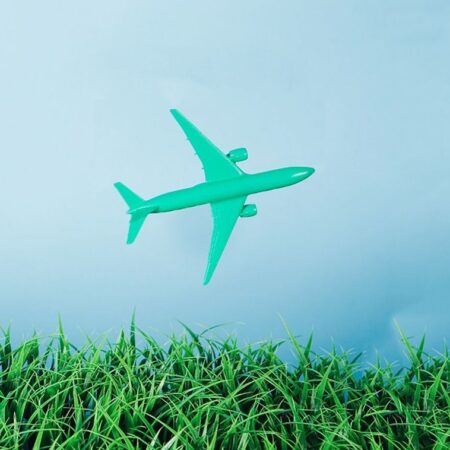
No Comment! Be the first one.